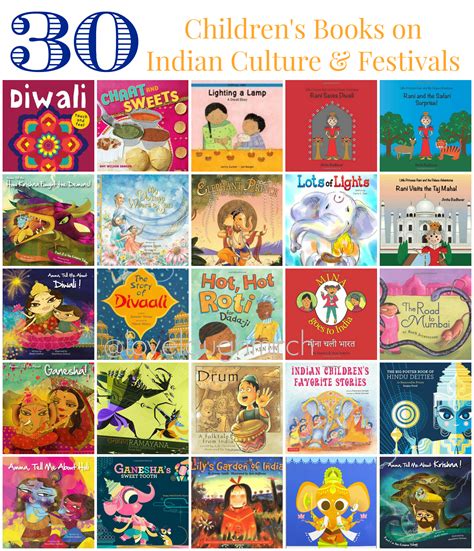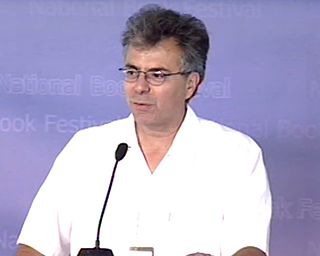A Quote by Meister Eckhart
.... all blades of grass, wood, and stone, all things are One.
Quote Topics
Related Quotes
I don't think I'm wrong when I say that the most beautiful objects of the "stone age" were made of skin, fabric, and especially wood. The "stone age" ought to be called the "wood age." How many African statues are made of stone, bone, or ivory? Maybe one in a thousand! And prehistoric man had no more ivory at his disposal than African tribes. Maybe even less. He must have had thousands of wooden fetishes, all gone now.
There was a deep silence, only scraped on its surfaces by the faint quiver of empty seed-plumes, and broken grass-blades trembling in small air-movements they could not feel. 'Not a bird!' said Sam mournfully. 'No, no birds,' said Gollum. 'Nice birds!' He licked his teeth. 'No birds here. There are snakeses, wormses, things in the pools. Lots of things, lots of nasty things. No birds,' he ended sadly. Sam looked at him with distaste.
The whole world is, to me, very much "alive" - all the little growing things, even the rocks. I can't look at a swell bit of grass and earth, for instance, without feeling the essential life - the things going on - within them. The same goes for a mountain, or a bit of the ocean, or a magnificent piece of old wood.
A cow out on grass is just an incredible thing to behold... Cows and other ruminants can do things we just can't do. They have the most highly evolved digestive organ on the planet, called the rumen. And the rumen can digest grass. It takes grass, cellulose in grass, and turns it into protein, very nutritious protein. We can't do that.
Economic progress means the discovery and application of better ways of doing things to satisfy our wants. The piping of water to a household that previously dragged it from a well, the growing of two blades of grass where one grew before, the development of a power loom that enables one man to weave ten times as much as he could before, the use of steam power and electric power instead of horse or human power - all these things clearly represent economic progress.









































